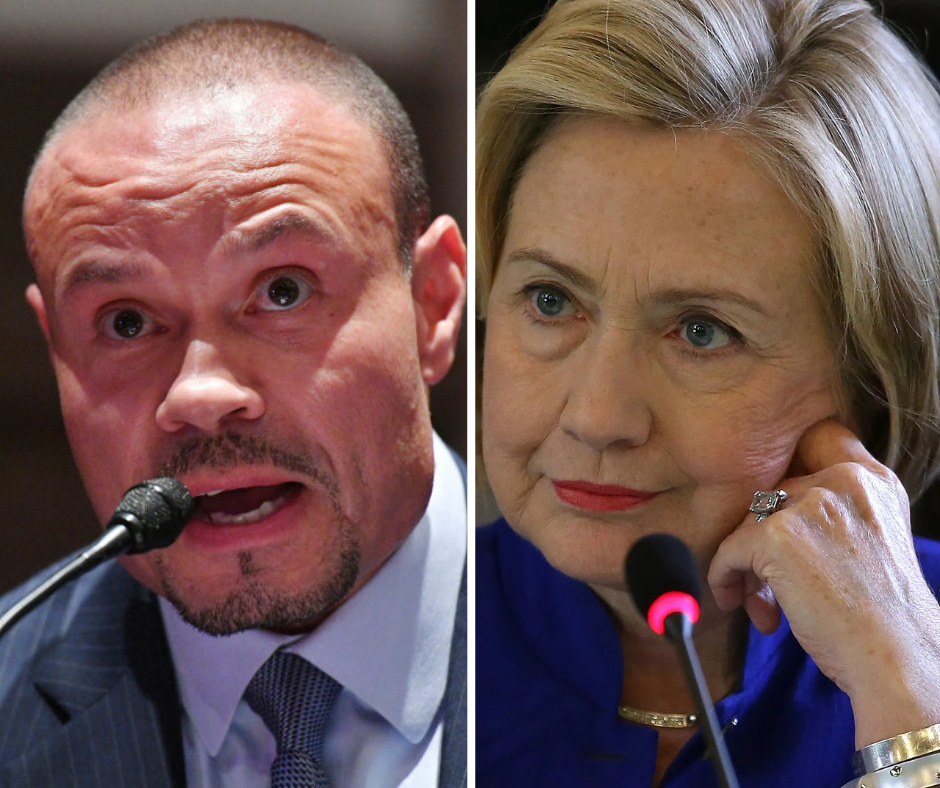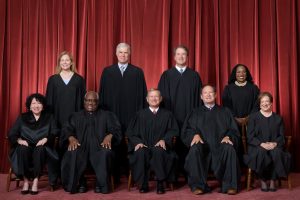A New Set of Papers Lands in Washington
Congress has received a fresh batch of documents, and the reaction inside the Capitol has been anything but calm. Lawmakers say the new material raises real questions about the Clinton family foundation and the way it handled donations from both foreign and domestic interests.
For years, people have whispered about strange money trails and odd favors. Many brushed it off as political noise. But now, actual records are landing in the hands of the Senate Judiciary Committee. And these records are not rumors. They are not secondhand stories. They are documents handed over by Attorney General Pam Bondi and FBI Director Kash Patel.
The papers outline donation attempts from overseas players, big organizations, and even a U.S. defense contractor. According to officials familiar with the handoff, these donors appeared to be seeking favor or influence while Hillary Clinton was serving as Secretary of State. And the timing of many contributions has lawmakers asking why some of this information never made it into earlier investigations.
Whistleblowers Step Forward
The documents include material that insiders say was withheld from a corruption probe the FBI launched back in 2015. That investigation, based out of the Little Rock U.S. attorney’s office, was shut down before agents could follow the money. According to officials involved, whistleblowers came forward only in recent months, saying evidence was kept away from field agents and prosecutors.
This allegation has created a stir. It suggests someone, somewhere inside the system, blocked the investigators who were trying to do their jobs. And that raises a tough question: Why stop an investigation if the evidence was strong?
One official put it simply: “There was an effort to block real investigators from seeing real information.” That’s a powerful statement. And if Congress proves it true, then this story is only beginning.
The Foundation’s Long Shadow
People have debated the Clinton Foundation for a long time. Supporters say it does charity work across the world. Critics say it worked like a political influence machine when the Clintons were in power. Now, with these new documents, that argument is heating up again.
The papers show that while Hillary Clinton was Secretary of State, several foreign groups and major donors contributed large sums. Some donations came from individuals with business plans that depended on U.S. approval. Others came from organizations that needed Washington access. And at least one came from a contractor with ties to America’s defense industry.
Nobody is saying every donation was dirty. But the pattern makes people uneasy. The timing. The amounts. The connections. It all adds up to a picture that Congress believes deserves a much closer look.
A New Twist in an Old Battle
The release of these documents comes at a time when the Clintons are already under renewed scrutiny because of the old Trump–Russia investigation. That inquiry — known as Crossfire Hurricane — dominated headlines for years. But now, new declassified memos show something different from what Americans were told back then.
According to intelligence officials, Russia did not alter U.S. votes. The memo says foreign actors failed to reach the systems that actually record ballots. It also says the cyber attempts were not sophisticated enough to change outcomes.
Those findings undercut a large piece of the story the public heard repeatedly. And they support what former President Donald Trump has argued from the beginning — that the whole “collusion” narrative was pushed by political operators, not evidence.
Inside Communication Raises New Concerns
Investigative reporters are now saying that emails and text messages exist showing coordination between Obama-era officials and aides from Hillary Clinton’s 2016 campaign. According to those reports, the goal was to tie Trump to Vladimir Putin in the summer of 2016.
If those messages are released, they could reshape how Americans understand that entire chapter of political history.
And that brings even more attention to the new Clinton Foundation documents. Because taken together, the picture forming is not a small one. It suggests a long-running pattern of favoritism, political pressure, and selective investigations.
Congress Begins to Dig
Lawmakers say they intend to review every page of the new material. More records could be declassified soon, including notes from Crossfire Hurricane and documents gathered during Special Counsel John Durham’s investigation, which ended in 2023 after finding no basis for the original Trump–Russia claims.
Some senators privately say they expect the Clinton Foundation review to grow larger than expected. Because once whistleblowers step forward, more often follow. And if investigators find one blocked trail, they begin looking for others.
Why This Matters Now
The Clintons are not in power today. But the systems that allowed certain investigations to be shut down are still in place. Many lawmakers believe the country cannot move forward without understanding how deeply political pressure influenced federal agencies in the past.
At the same time, Americans are now distrustful. After years of shifting stories, vanished evidence, and political leaks, people do not believe the government tells the full truth. Every new document that surfaces adds to that frustration.
That’s why these new records matter. Because they deal with more than one foundation or one family. They deal with trust — or the lack of it — in the federal government.
The Road Ahead
Congress will spend the next several weeks reviewing the documents in detail. More whistleblowers are expected to come forward. And more questions will likely be asked about why these records never reached earlier investigators.
Now, lawmakers want to know:
-
Who blocked the probe?
-
Why was evidence withheld?
-
Who benefited from shutting it down?
-
And what else hasn’t been uncovered yet?
This will not be a short investigation. It will not be simple. And it will not be quiet.
Because anytime the Clinton Foundation resurfaces in Washington, the noise follows.

Sarah Mitchell is a bestselling novelist recognized for her insightful and emotionally resonant stories that explore the complexities of human relationships. Originally from Denver, Colorado, Sarah grew up in a family of teachers who nurtured her curiosity and love for storytelling. She studied psychology at Stanford University, where she became fascinated by the intricacies of human behavior—an interest that would later shape her writing career. Sarah’s novels are praised for their nuanced characters, intricate plots, and ability to capture the subtle tensions that define love, friendship, and family ties. Her breakthrough novel, The Spaces Between Us, became an instant bestseller, lauded for its honest portrayal of strained family relationships and the fragile bonds that hold people together. Since then, she has published several works that continue to captivate audiences around the world. Outside of her writing career, Sarah is passionate about mental health advocacy and often partners with organizations to promote awareness and support for those struggling with emotional well-being. Her personal life is quieter—she enjoys hiking in the Colorado mountains, practicing yoga, and spending time with close friends. With each new book, Sarah Mitchell cements her reputation as a writer who illuminates the beauty and struggles of human connection.









